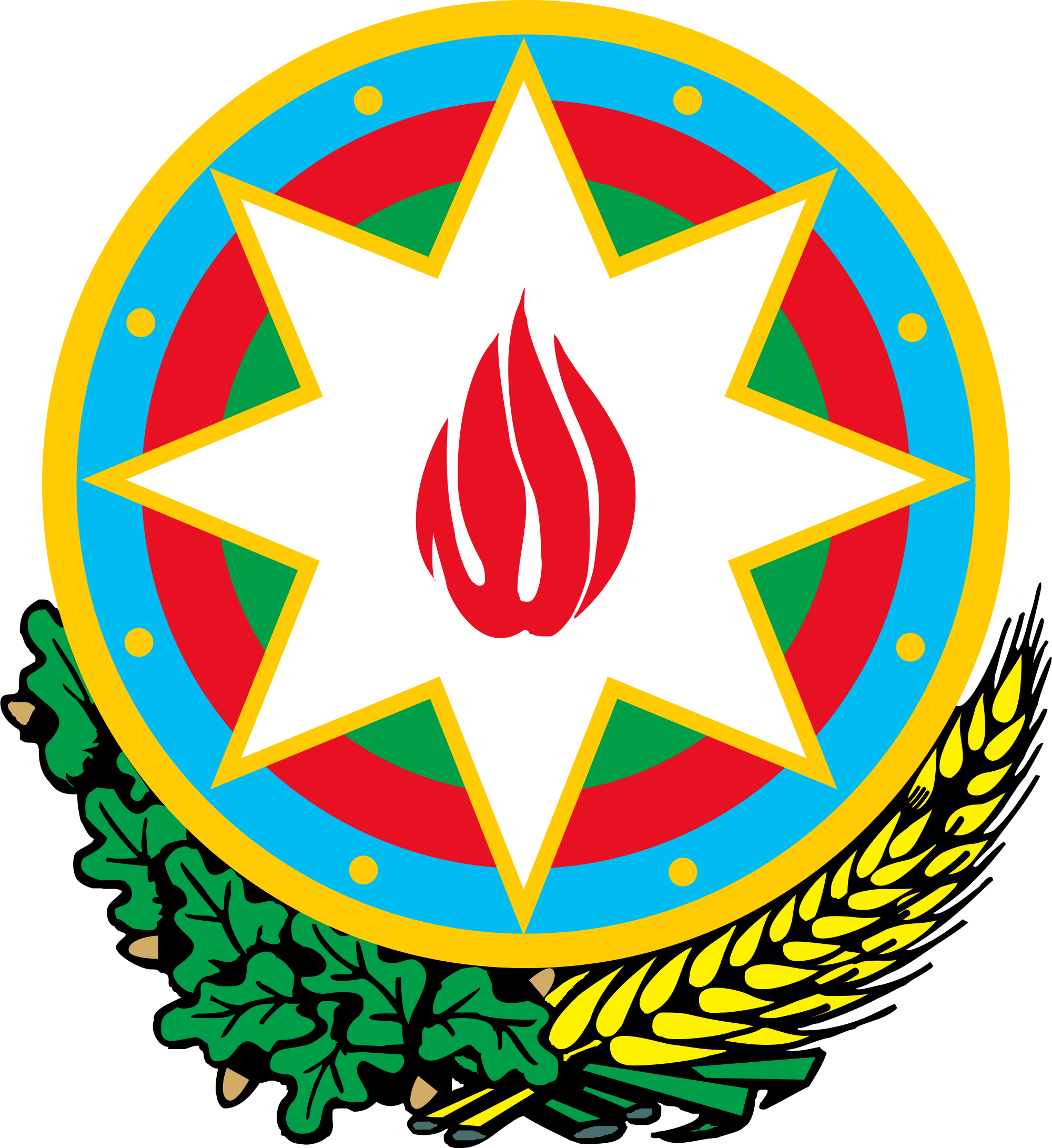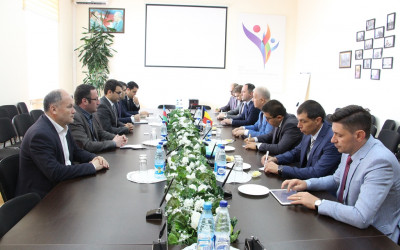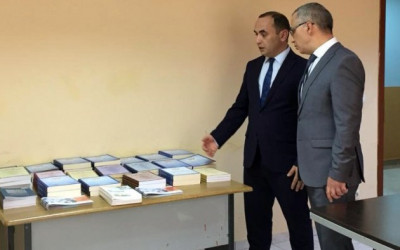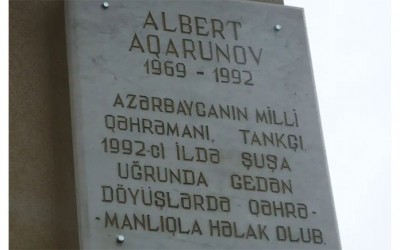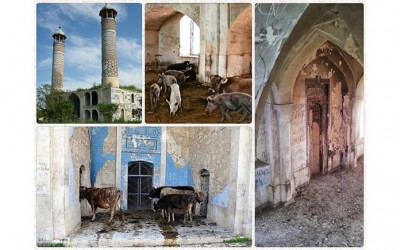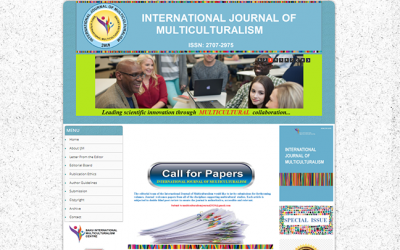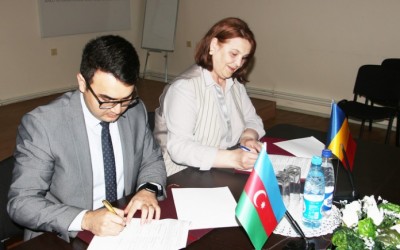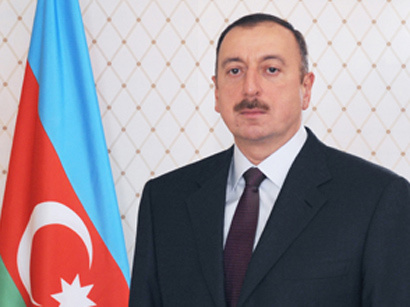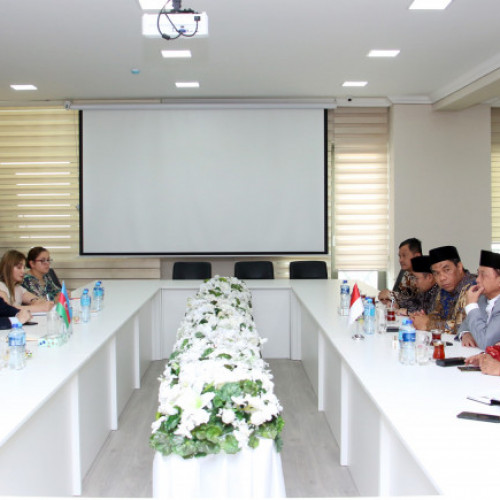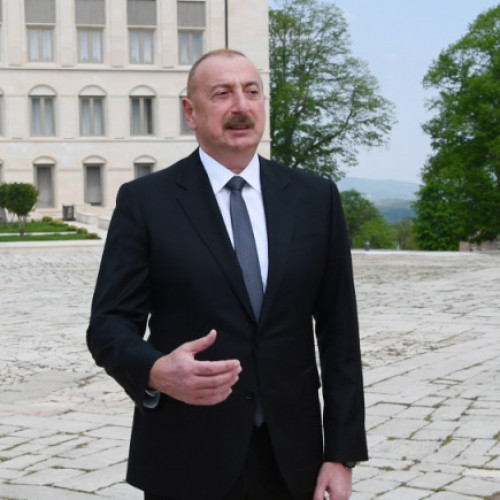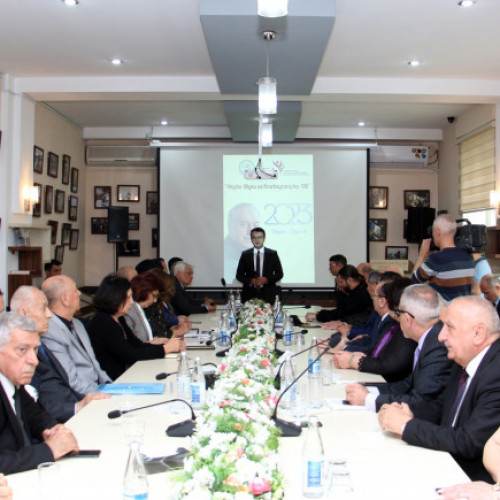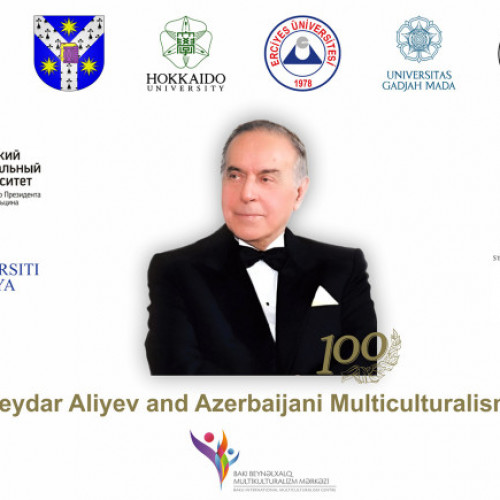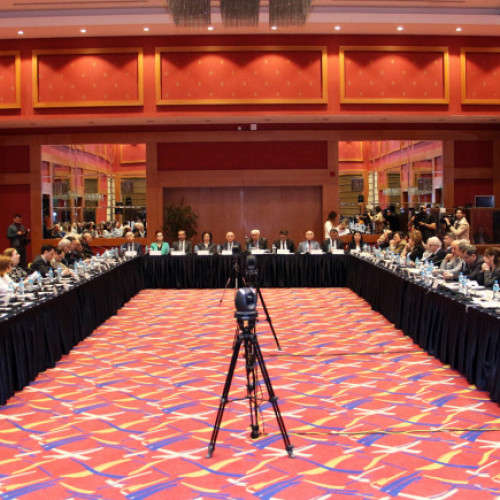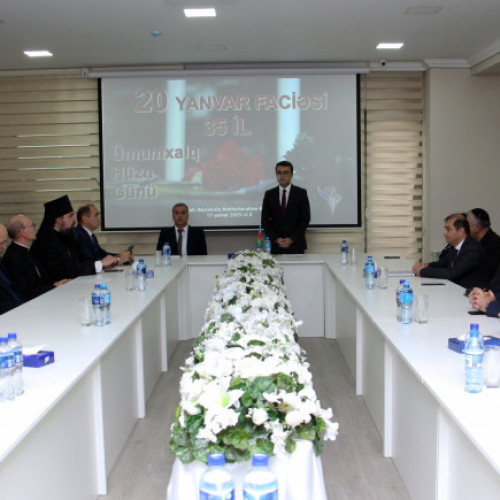Things I learned in Azerbaijan

I had the chance to visit Azerbaijan as part of the X Multiculturalism Winter School. I would sincerely recommend anyone I know to visit the country and to learn with the beautiful culture. Here, I try to share some things I learned/perceived in my experience. This is the first article of a series I intend to write about things I have learned in different countries.
About Azerbaijan
According to the World Bank¹, consumer price inflation decelerated sharply in 2018, falling to 1.6 percent from 7.9 percent in 2017. Also, there were notable increases in the 2019 budget allocations for education (up by 13 percent) and health care (by 44.5 percent) both important in terms of improving human capital. World Bank¹ also states:
"Azerbaijan is in the process of redefining its government structure following a Constitutional amendment in September 2016 making it a fully presidential republic and instituting new vice president positions. These changes come at a time when Azerbaijan’s economy is facing critical challenges due to the fall in oil prices, high inflation, and the crisis in the financial sector."
The country is also generating innovation and being home to several Innovation centers: eaziSTART a Startup Center for the realization of students’ creativity and initiatives at Azerbaijan State Oil and Industry University. Similar innovation hubs in Azerbaijan include the Barama Innovation and Entrepreneurship Center and the High Technologies Park (at the National Academy of Sciences). In total, about 18 incubation centers currently operate throughout the country. A recent World Bank policy note identified a number of challenges facing HEIs and offered recommendations on how to strengthen their role as drivers of innovation and entrepreneurial growth. Creating world-class research universities does not happen overnight, of course. Fortunately, many of the necessary building blocks are already in place in Azerbaijan, and the recent Decree of the President of Azerbaijan is a step in the right direction.²
Architecture
The beautiful architecture in Baku has four distinct flavors: the medieval inner city or the Old City, the lavish styles from the first oil exploitation, Soviet neighborhoods, and contemporary designs. For those interested in a full text about the subject click here for this article made by The Culture Trip. Baku seems to have lots of construction fields all throughout the city, while there I walked for about two hours from the hotel to the Old City and I felt that I visit Baku in a year, the city would have completely changed because of the ongoing construction. It also seems that all construction uses well all the spaces. Here are some photos I took:


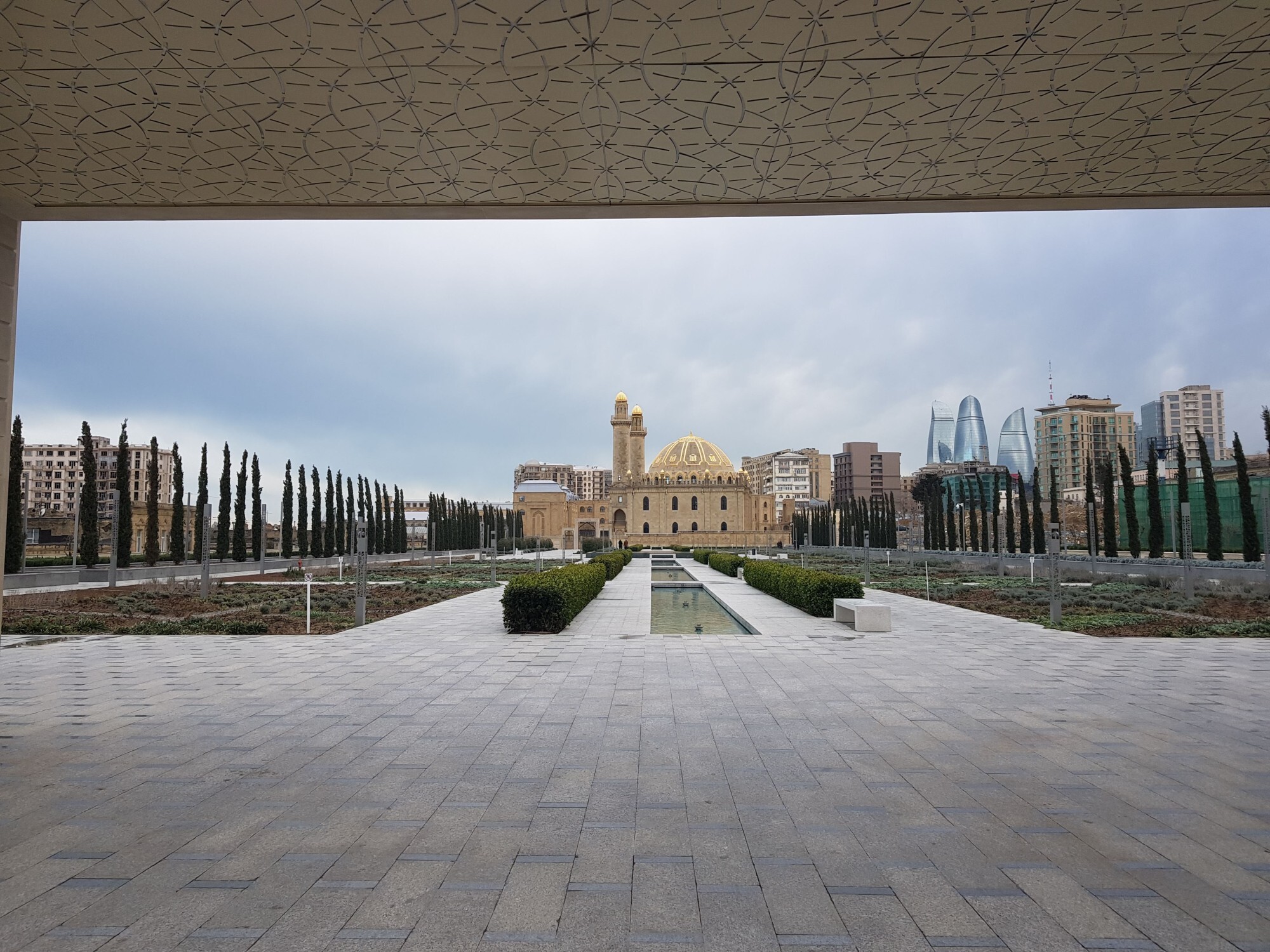
"Ugly Food"
Different than the recent movements in the Western world regarding the consumption of "imperfect food" it seems that Azerbaijani culture uses all of its natural resources and serves to the table regardless of looks. Several times I saw potatoes, salads, and other vegetables with blemishes. I was fascinated that they would use those not because of a trend but simply because it makes sense and is part of the culture. Please, Azerbaijani friends, tell me if I am wrong about this! I learned that we can do better to best use our food in a safe and eco-friendly manner.
Multiculturalism
Multiculturalism is a relatively new topic of study, but its practice have long started in Azerbaijan. Throughout the long history of Azerbaijan, many nationalities and different ethnic groups with various religious beliefs have lived together in peace and harmony.
Modern Azerbaijan has achieved great success in regulating ethnic-cultural diversity through the policy of multiculturalism. Despite being a Muslim-majority country, Azerbaijan is a secular state which managed to build strong relations with all religious communities. This is why safety and stability were easily achieved in the country.
State policy on religions reflects the will of the people and the atmosphere created by its help allows representatives of various ethnic minorities to feel comfortable within the Azerbaijani territory.
Here, I will share some of the course material:

Religious Diversity and Tolerance
The Constitution provides that persons of all faiths may choose and practice their religion without restriction. Under the Constitution, each person has the right to choose and change his or her own religious affiliation and belief (including atheism), to join or establish the religious group of his or her choice, and to practice his or her religion. The law on religious freedom expressly prohibits the Government from interfering in the religious activities of any individual or group; however, there are exceptions, including cases where the activity of a religious group "threatens public order and stability". A number of legal provisions enable the Government to regulate religious groups, The requirement for religious organizations in Azerbaijan to register through The State Committee on Religious Associations of the Republic of Azerbaijan - SCWRA is according to the law accepted on June 21, 2001.
Since the inception of the committee, about 425 religious communities have been registered to act in Azerbaijan, with 408 being Islamic, 17 - non-Islamic (9 Christian, 6 Jewish, 1 Krishna, 1-Bahá'í)
A complete official file can be read here: http://files.preslib.az/projects/remz/pdf_en/atr_din.pdf
The law of the Republic of Azerbaijan (1992) "On freedom of faith" ensures the right of any human being to determine and express his view on religion and to execute this right.
During our visit to the country, we were able to meet with the Mountain Jews, Orthodox Christians, and Muslims communities.
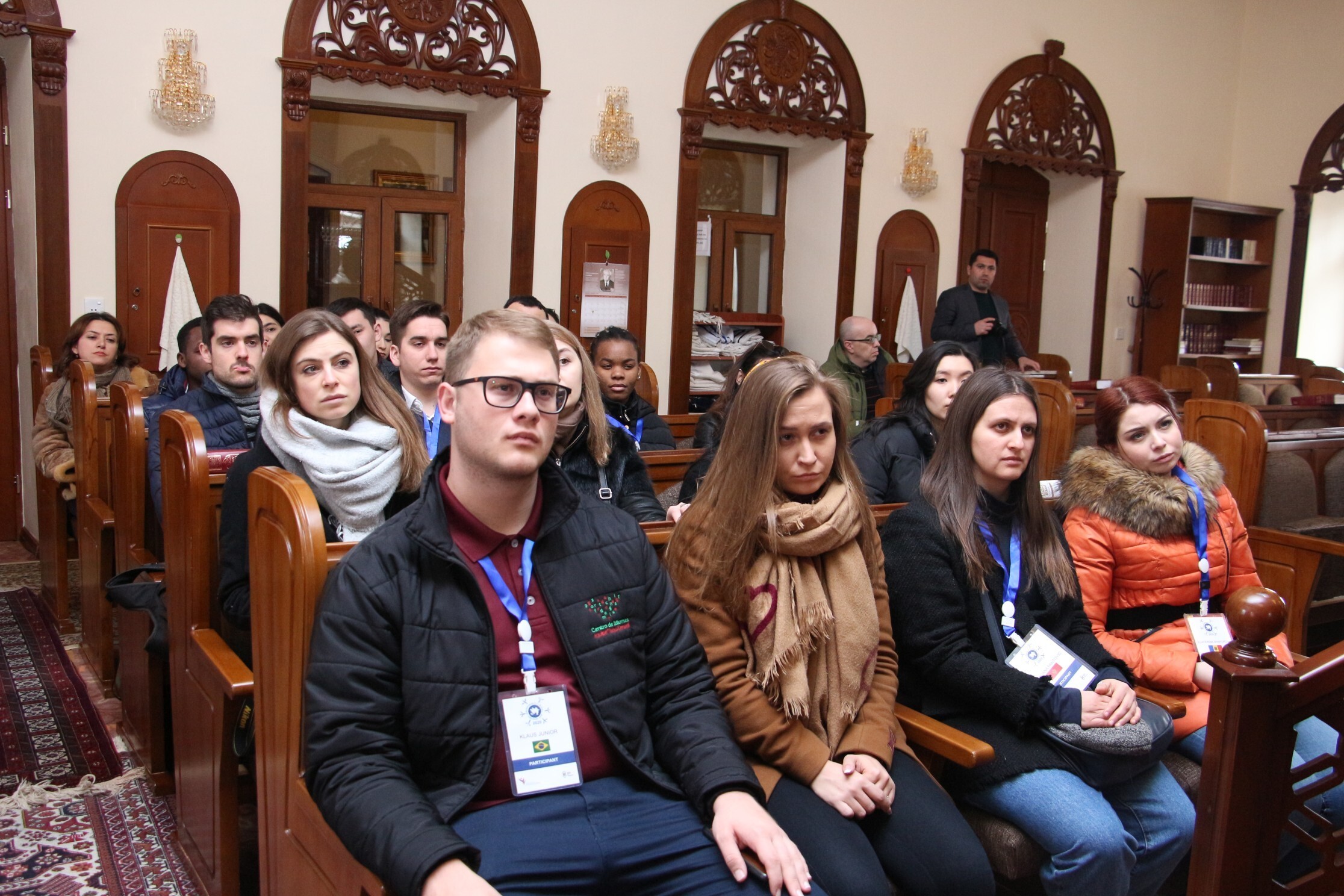
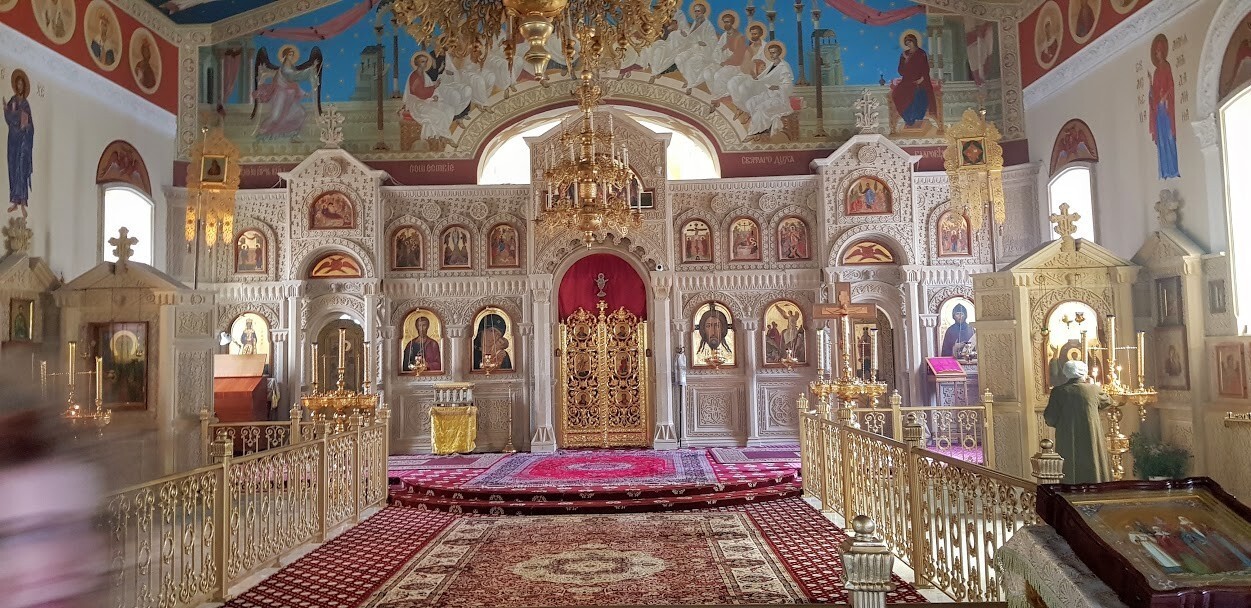
Brazil Embassy in Baku
During my visit, I was able to attend a meeting at the Brazilian Embassy where, along with the Azerbaijan Professor Irina Kunina, we discussed the future of education partnerships in our counties.
The Brazilian Ambassador Manuel A. C. Montenegro Lopes da Cruz along with his team has been working tirelessly to help our countries to have closer ties. The main obstacle [for relationship between the countries], unfortunately, is mutual unfamiliarity!
Several actions have been taken in the last few months and years to make sure our relationships grow tighter. Last year the Brazilian researcher Leila Bijos worked in a research project in Baku and published her book in Portuguese: "O papel do multiculturalismo na política de Estado do Azerbaijão" (The Role of Multiculturalism in Azerbaijan's State Policy). Recently the scientific author Kamal Mehdi Abdullayev, also published his book in Portuguese (as soon as I get a copy, I will post about it!).
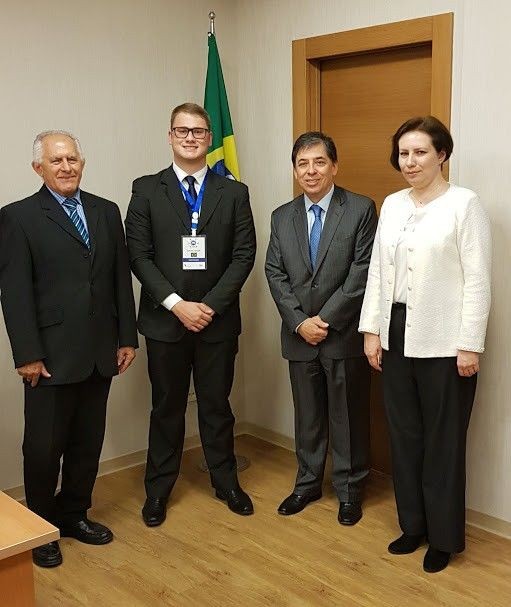
Curiosity: The athlete from the city of Caçador, in Brazil, Luiz Henrique Caetano, known as “Gafanhoto” won the World Capoeira Championship in Azerbaijan in 2018.
Link for the Azerbaijan Embassy in Brazil: https://www.facebook.com/embaixada.do.azerbaijao.no.brasil
Link for the Brazilian Embassy in Baku: https://www.facebook.com/Embaixada-do-Brasil-em-Baku-557541344727331/
There are few Brazilians living in Baku, mostly soccer players and their families.
Brazil and Azerbaijan established diplomatic relations in October 1993. Bilateral contacts intensified with the reciprocal opening of resident Embassies. The Embassy of Brazil in Baku was installed in May 2009 and the Embassy of Azerbaijan in Brasilia was opened in 2012.
DISCLAIMER: Opinions expressed are solely my own and do not express the views or opinions of my employer or anybody. These viewpoints also express my point of view taking into consideration my life experiences and traveling; countries are big and diverse and I express here only the very little I was able to experience. I don't intend to criticize or be culturally insensitive with any of my comments, I truly apologize and I would like to know if my article may sound offensive in any way because that was definitely not my goal. Thanks for reading!
A LAST NOTE
Last year, along with the internationalist Emanuelle Luana De Nadal Luz, I wrote a text in Portuguese, here is the summary and link for full text:
LEGISLATION IN COMBATING RELIGIOUS EXTREMISM: THE EXAMPLE OF AZERBAIJAN
Religion is a social phenomenon that has emerged as both a belief system and a way of managing society for many centuries. Since more than two-thirds of the world's population are believers of different religions, the relationship between religion and state, as well as religion and society, will always remain current. To maintain peace, tolerance, and multiculturalism in today's world, there is a great need to distinguish freedom of faith from religious radicalism, religious extremism, and fanaticism. Law as the regulator of social relations aims to ensure survival, individual rights, individual freedoms and to become predictable and legitimate. The legislation and statutes are born from the law so that, in a public and registered form, people can be aware of the rules of the society where they live. Azerbaijan is located in the Transcaucasian region of Eurasia, between Western Asia and Eastern Europe, marked by multiculturalism, and is a reference in legislation to combat religious extremism. Using concepts of law and legislation this work aims to set the example of Azerbaijan in its national law acting as a protector of individual freedoms. A historical overview of the country is presented for the understanding of the historical evolution that culminates in the current culture of tolerance, acceptance, and multiculturalism.
http://periodicos.uniarp.edu.br/index.php/juridico/article/view/2143/1086
Keywords: The rule of law, religious freedom, Azerbaijan multiculturalism
REFERENCES
¹ World Bank: Azerbaijan - https://www.worldbank.org/en/country/azerbaijan/overview#1
² World Bank Blogs: Higher education institutions as drivers of innovation and growth in Azerbaijan - https://blogs.worldbank.org/europeandcentralasia/higher-education-institutions-drivers-innovation-and-growth-azerbaijan

